By Sam McGowan
During the more than 60 years since the detonation of the first atomic bombs—and the only time nuclear weapons have ever been used operationally—a major debate has erupted over the Hiroshima and Nagasaki bombings. On one side are the proponents for the use of the bomb, whose position is based on the assumption that if it had not been used Japan would have had to be invaded and up to a million Allied troops and countless Japanese may have died. At the other end of the spectrum are those who believe that the use of the bombs was immoral, a view that is actually in keeping with conventional American thinking of the early 1940s. But the real issue is neither whether it was right or wrong to drop the bomb, but whether its use was actually necessary.
A reading of the documents related to the development and ultimate use of the bomb reveals that by July 1945 a belief had developed among many of those involved with the Manhattan Project that it was imperative that the bombs be used during this war. They were opposed by some of their own number who had come to believe that nuclear weapons presented too many dangerous possibilities and should not be used at all.
However, the proponents were more powerful than the opponents. There is little doubt that certain powerful politicians, particularly James F. Byrnes of South Carolina, feared the Soviets and believed nuclear power afforded an opportunity to end the war quickly before they gained much ground in Asia and to demonstrate to Stalin that the United States had power far beyond his own.
The real moral issue is not the use of the bomb, but whether the senior American leadership really believed it was necessary to use it to defeat Japan. There is no doubt that the White House knew the Japanese were sending out peace overtures and had been since January 1945, and there is also no doubt that many of the senior American leaders, military as well as civilian, believed that Japan would surrender if a guarantee was offered that the emperor would be allowed to remain on the throne. If the White House deliberately maintained the unconditional surrender policy to ensure that Japan did not surrender before the detonation of an atomic bomb on its soil, such an act would definitely be immoral.
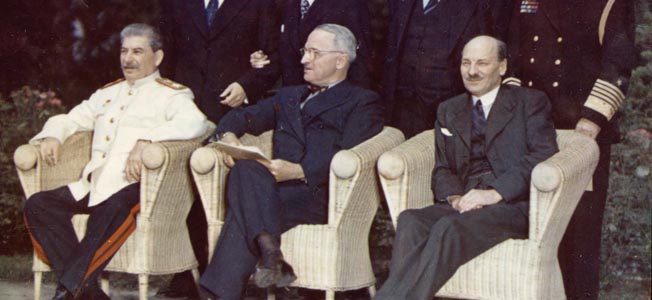
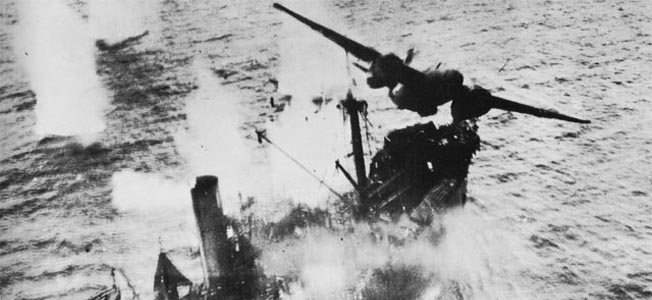
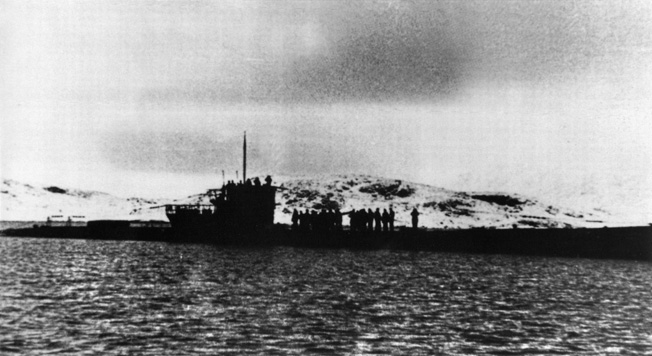

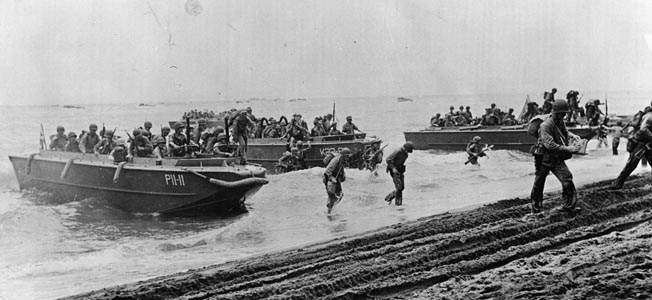
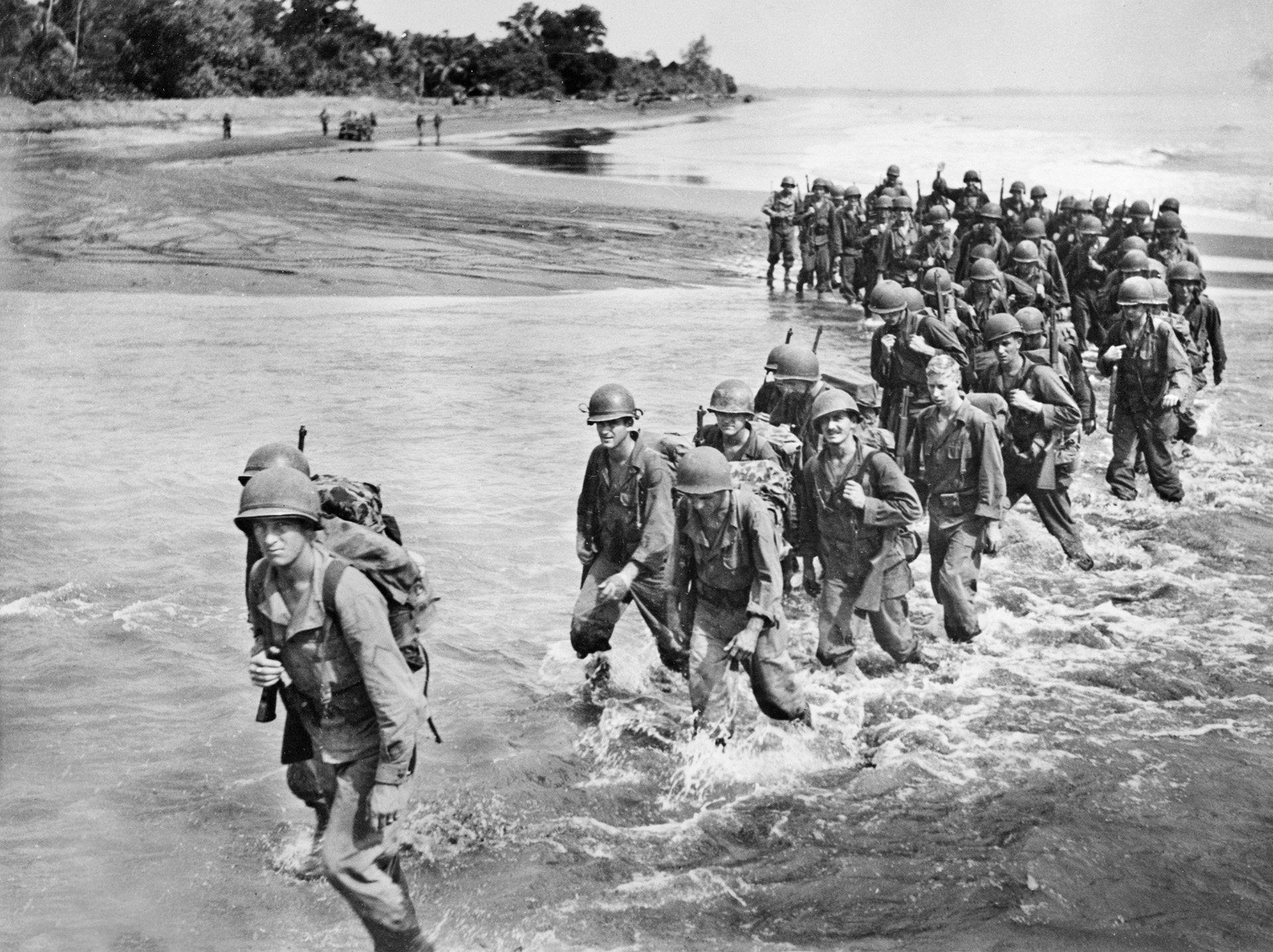

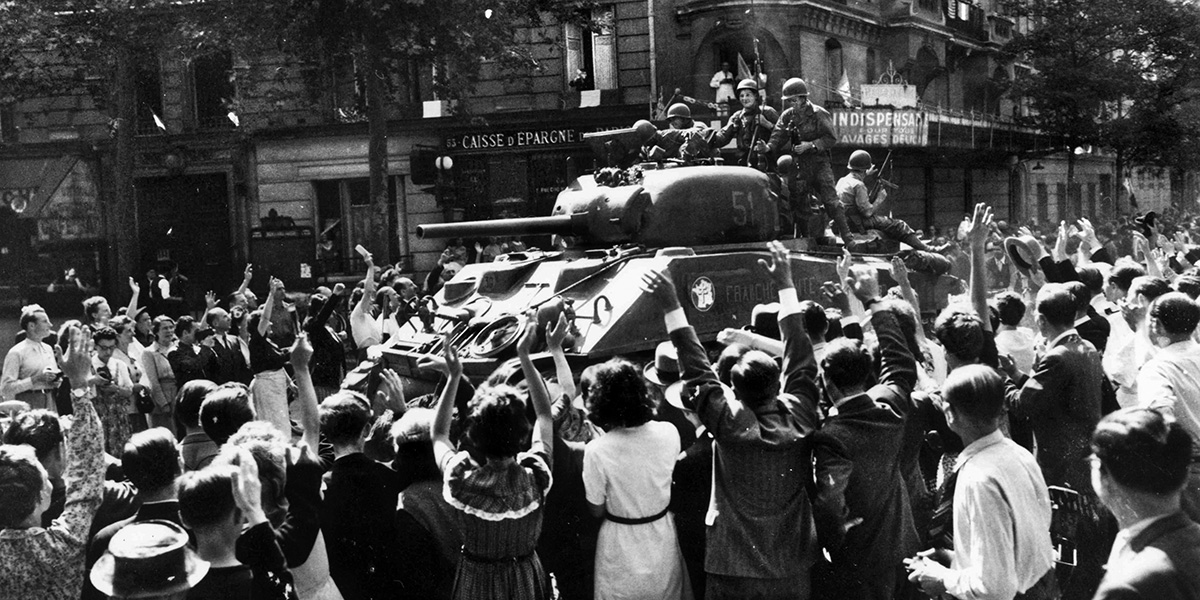
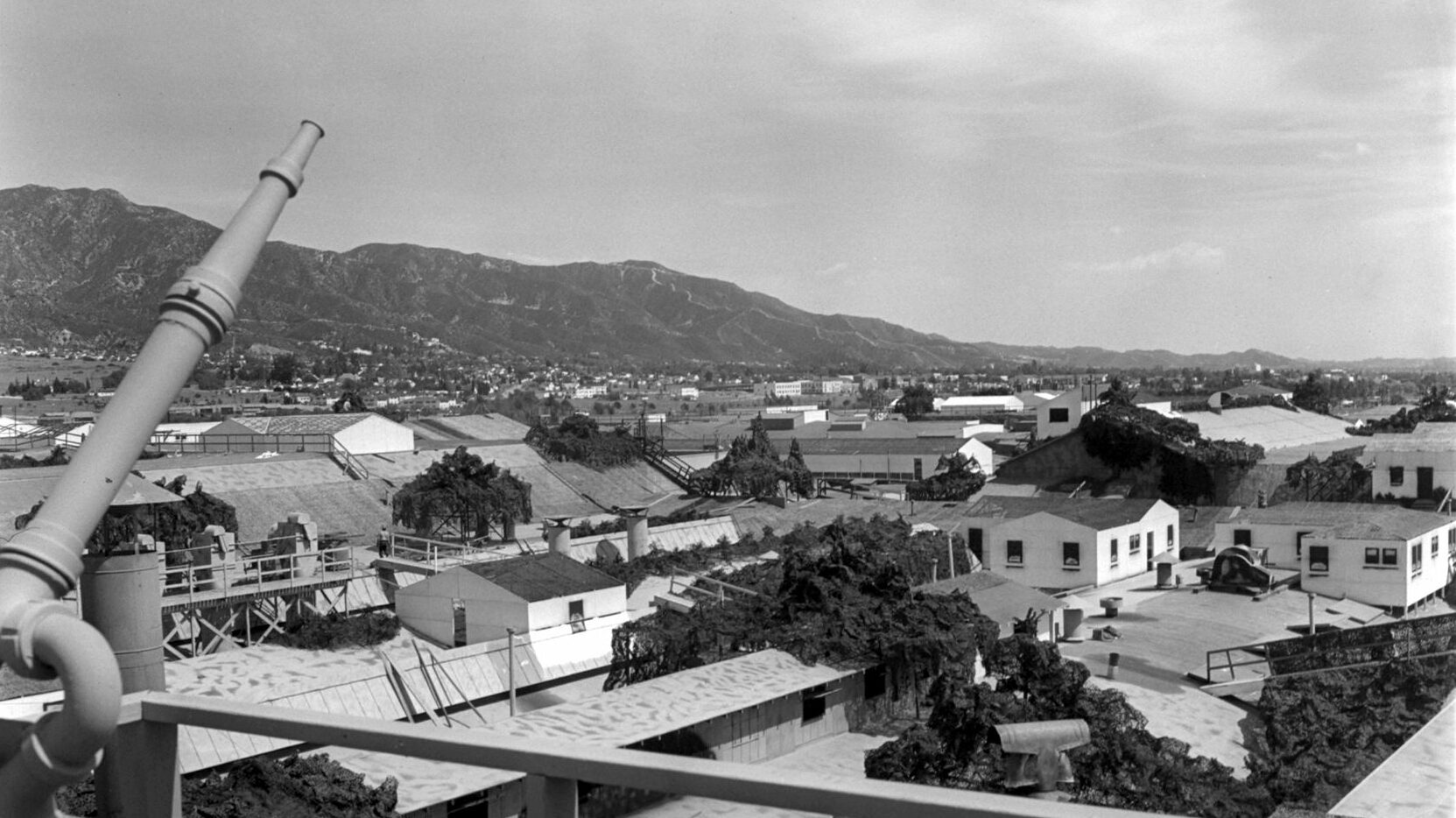
It is certainly proper to question the target selection for the bombs but arguments regarding their necessity is much less questionable. The Japanese peace feelers were more on the line of the WW I armistice except they wanted much better terms than Germany received then. Even after Nagasaki, a militant faction of the Army wanted to carry on a suicidal war using civilians armed with wooden spears.